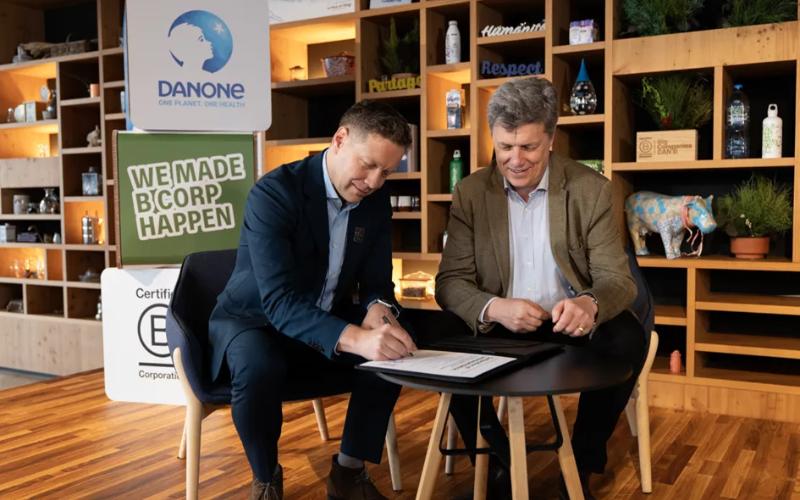SFU scientists together with China plan to create a sorbent from agricultural waste

“Environmental safety, as well as food security, are global challenges of our time. Therefore, we cooperate with Chinese colleagues in these areas. Together with them, we are developing unique sorbents that are obtained from waste from the agro-industrial complex,” said Tatyana Minkina.
According to Tatyana Minkina, sorbents are absorbers for soil purification, which have a high added value, which makes the project economically feasible and allows the use of waste recycling.
As the agency writes, referring to the head of the Biosphere Monitoring research laboratory of the Academy of Biology and Biotechnology of Southern Federal University Saglara Mandzhieva, the Russian university and Nanjing Agricultural University are developing sorbents that will help reduce carbon dioxide emissions.
“In addition to waste recycling, another important area that we are exploring is that we turn these sorbents not only into soil purifiers, but also into materials that contribute to the sequestration, that is, retention, of carbon dioxide. The goal is to reduce carbon dioxide emissions into the atmosphere to combat global warming,” explained Saglara Mandzhieva.
This is not the only development that was created by SFU scientists together with representatives from China. Earlier, RBC Rostov reported that the inventors of the Nanotechnology Department of the Faculty of Physics of the Southern Federal University (SFU), together with colleagues from China, studied the protein shells of cipoviruses (causing intestinal infections in insects). During the work, it was discovered that the model of such a virus entering the insect body would be useful for creating special shells for targeted delivery of drugs to affected human organs and tissues.











